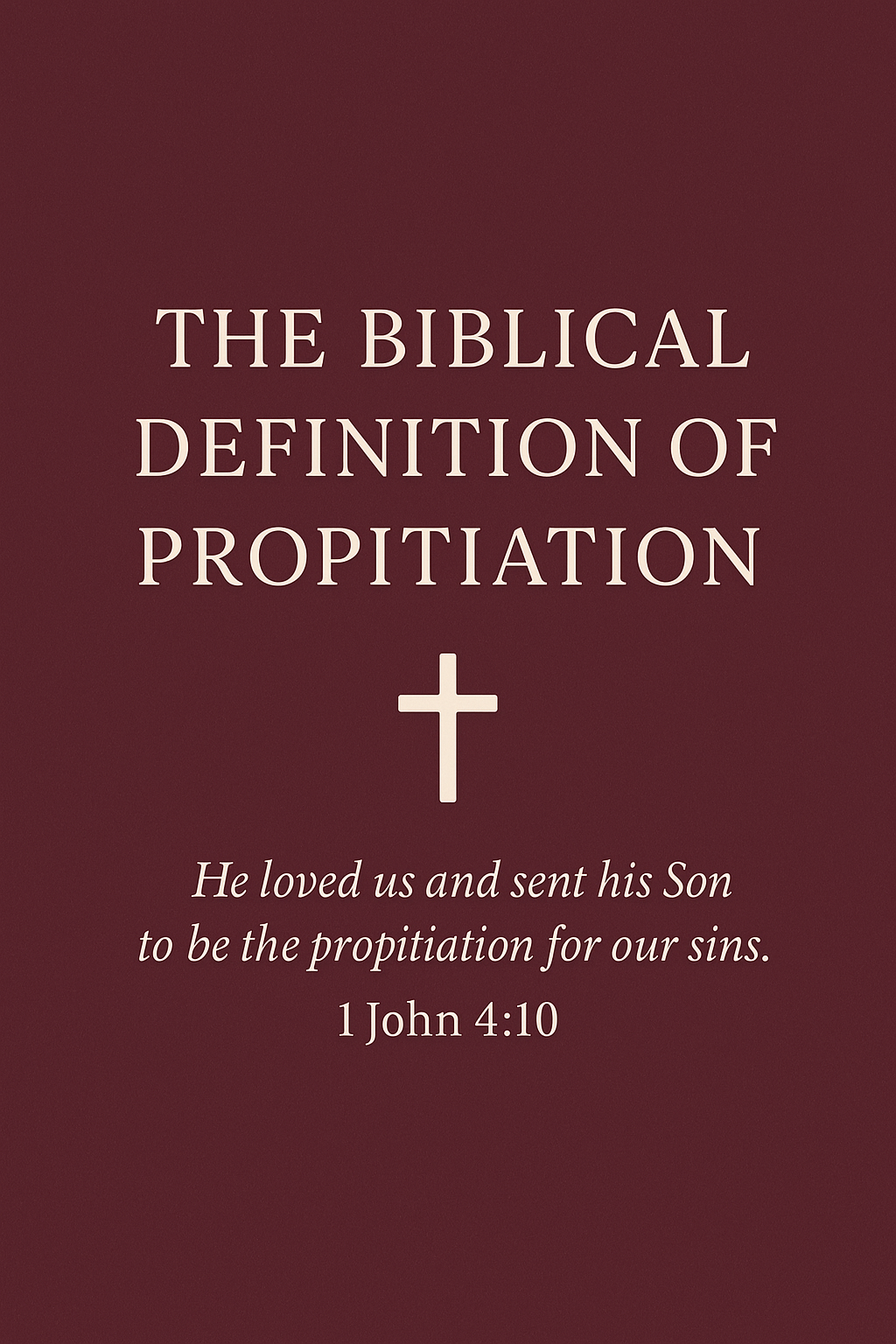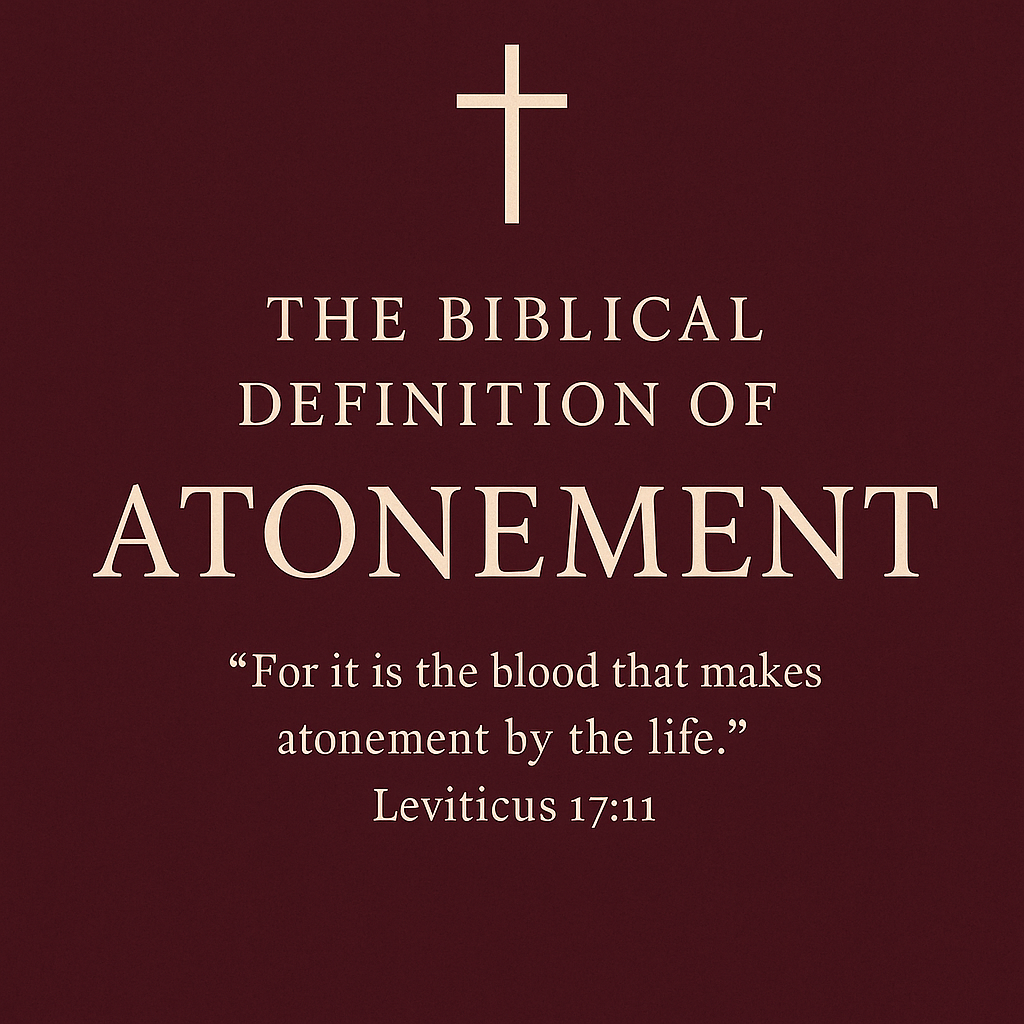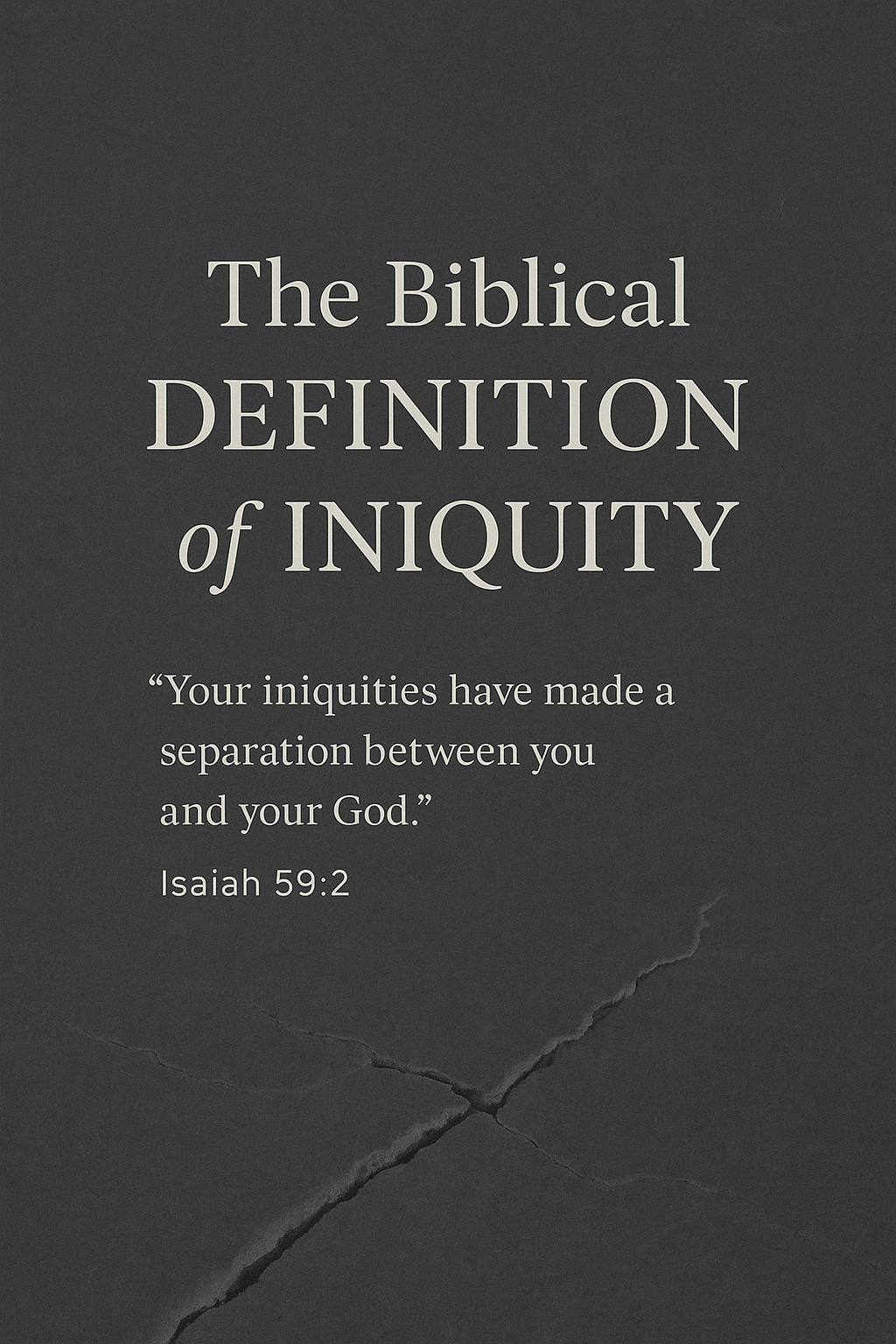Biblical Definition of Justified: What Does It Mean to Be Justified According to Scripture?
The biblical definition of justified centers on being declared righteous by God, not on the basis of our own works, but through faith in Jesus Christ137. This foundational doctrine shapes the Christian understanding of salvation, forgiveness, and the believer’s relationship with God. In this comprehensive exploration, we’ll examine what it means to be justified according to the Bible, the scriptural evidence for this teaching, and its profound implications for daily Christian living.
What Does “Justified” Mean in the Bible?
In Scripture, to be justified is to be declared righteous—a legal term drawn from the language of the courtroom137. The Greek word often translated as “justify” (δικαιόω, dikaioō) means to pronounce or treat as righteous, not to make someone righteous by their own merit, but to recognize them as such because of another’s action.
“Justification is the declaring of a person to be just or righteous. It is a legal term signifying acquittal…”1
This declaration is not based on anything we have done, but is an act of God’s grace, accomplished through the work of Jesus Christ.
Key Biblical Passages on Justification
Several passages in both the Old and New Testaments lay the groundwork for understanding justification:
Romans 3:21-26
“But now apart from the law the righteousness of God has been made known… This righteousness is given through faith in Jesus Christ to all who believe… all are justified freely by his grace through the redemption that came by Christ Jesus.”7
Galatians 2:16
“Know that a person is not justified by the works of the law, but by faith in Jesus Christ. So we, too, have put our faith in Christ Jesus that we may be justified by faith in Christ and not by the works of the law…”
Romans 5:1
“Therefore, since we have been justified through faith, we have peace with God through our Lord Jesus Christ…”
Isaiah 53:11
“By his knowledge my righteous servant will justify many, and he will bear their iniquities.”5
The Theological Meaning of Justification
1. A Legal Declaration
Justification is a judicial act of God. In the divine courtroom, God pronounces the believing sinner “not guilty” and credits them with the righteousness of Christ357.
It is not a process of becoming righteous, but a one-time declaration.
It is external: It changes our standing before God, not our internal nature (which is addressed in sanctification).
2. Based on Christ’s Work, Not Ours
The basis of justification is not our own goodness or religious effort, but the perfect life, sacrificial death, and resurrection of Jesus Christ.
Substitution: Christ took our sins upon Himself and gave us His righteousness in return (2 Corinthians 5:21, Romans 5:18-19)5.
Imputation: Our sins are imputed (credited) to Christ, and His righteousness is imputed to us.
“God considered their sin as belonging to Jesus, his Son, who was sinless, and on the cross he endured the awful consequences… He is able to pronounce the ungodly righteous because they are given Christ’s righteousness.”5
3. Received by Faith Alone
Justification is received by faith—trusting in Christ’s finished work—not by observing the law or performing good deeds (Ephesians 2:8-9, Romans 3:28)37.
Faith is the means, not the cause, of justification.
Good works are the result, not the basis, of being justified.
Why Is Justification So Important?
1. Peace with God
Because we are justified, we have peace with God and are no longer under condemnation (Romans 5:1, 8:1).
2. Assurance of Salvation
Justification assures us that our standing before God is secure—not because of our performance, but because of Christ’s perfect righteousness credited to us37.
3. Freedom from Guilt
To be justified means that God no longer holds our sins against us. We are acquitted and set free from guilt and shame (Psalm 32:1-2).
4. A New Identity
Justified believers are adopted as children of God and heirs with Christ (Galatians 3:26-29).
Common Misunderstandings About Justification
1. Justification vs. Sanctification
Justification is God’s declaration that we are righteous in His sight.
Sanctification is the ongoing process of being made holy in practice.
These are related but distinct aspects of salvation.
2. Not Based on Works
Many believe that justification is earned by good deeds or religious rituals. The Bible is clear:
“A person is not justified by the works of the law, but by faith in Jesus Christ…” (Galatians 2:16)
3. Not Merely Forgiveness
Justification is more than forgiveness; it is a positive declaration of righteousness. We are not only pardoned, but also credited with Christ’s merit57.
The Old Testament Roots of Justification
The concept of justification is not unique to the New Testament. In the Old Testament, God’s people were justified by faith, looking forward to the promised Messiah.
Abraham: “Abram believed the Lord, and he credited it to him as righteousness.” (Genesis 15:6, quoted in Romans 4:3)
David: “Blessed is the one whose transgressions are forgiven, whose sins are covered.” (Psalm 32:1-2)
The Role of Grace in Justification
Justification is entirely an act of God’s grace—His unearned favor toward sinners37.
“All are justified freely by his grace through the redemption that came by Christ Jesus.” (Romans 3:24)
Grace excludes any boasting or self-righteousness.
The Transforming Power of Justification
1. Motivation for Holy Living
Justification does not lead to moral laxity. Rather, knowing we are accepted by God motivates us to live in gratitude and obedience (Romans 6:1-4).
2. Unity Among Believers
Because justification is by faith, not by works or ethnicity, all believers—Jew and Gentile alike—stand on equal footing before God (Galatians 3:28).
3. Hope for the Future
Justification assures us of our ultimate vindication at the final judgment (Romans 8:30, Matthew 25:34).
Frequently Asked Questions About Justification
Q: Can a justified person lose their justification?
A: The Bible teaches that those whom God justifies, He also glorifies (Romans 8:30). Justification is a secure, once-for-all declaration for those who truly trust in Christ.
Q: How do I know if I am justified?
A: If you have placed your faith in Jesus Christ alone for salvation, trusting in His death and resurrection, the Bible assures you that you are justified (Romans 10:9-10, John 5:24).
Q: Does justification mean I will never sin again?
A: No. Justification changes your legal standing before God, but believers still struggle with sin. God continues to sanctify His people throughout their lives.
Living in the Light of Justification
To be justified is to stand before God as fully accepted, loved, and righteous—not because of anything we have done, but because of everything Christ has done for us. This truth liberates us from fear, guilt, and striving, and empowers us to live boldly for God’s glory.
As Martin Luther wrote, “Justification is the article by which the church stands or falls.” Understanding and embracing the biblical definition of justified is essential for every follower of Jesus.
Key Bible Verses on Justification
Romans 3:21-26
Romans 4:1-8
Romans 5:1-2
Galatians 2:16
Ephesians 2:8-9
2 Corinthians 5:21
Isaiah 53:11
Conclusion
The biblical definition of justified is God’s gracious act of declaring sinners righteous through faith in Jesus Christ. This declaration is not based on our works, but on Christ’s perfect righteousness credited to us. Justification brings peace with God, assurance of salvation, and a new identity as His beloved children. Embracing this truth transforms our lives and empowers us to live for His glory.


















